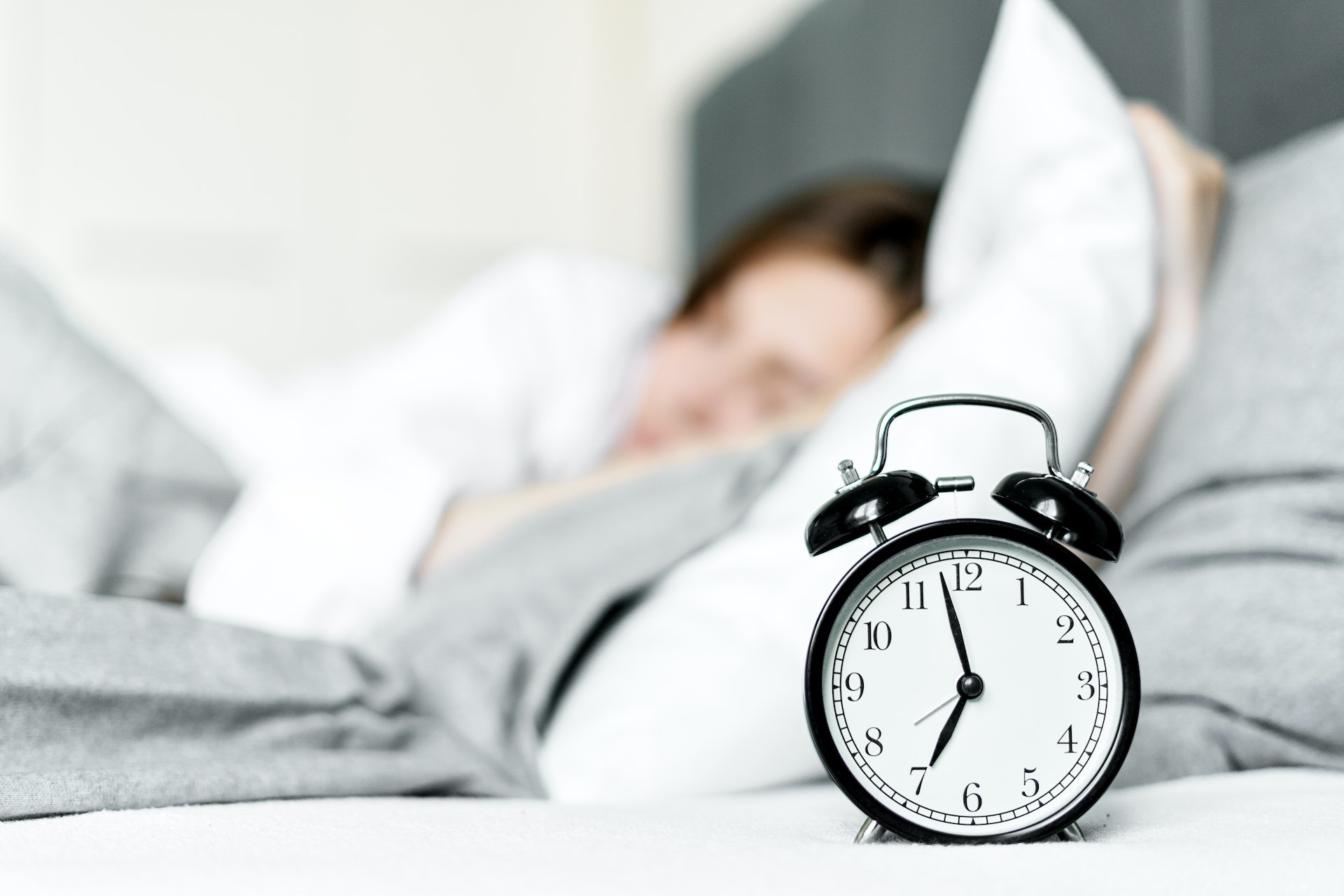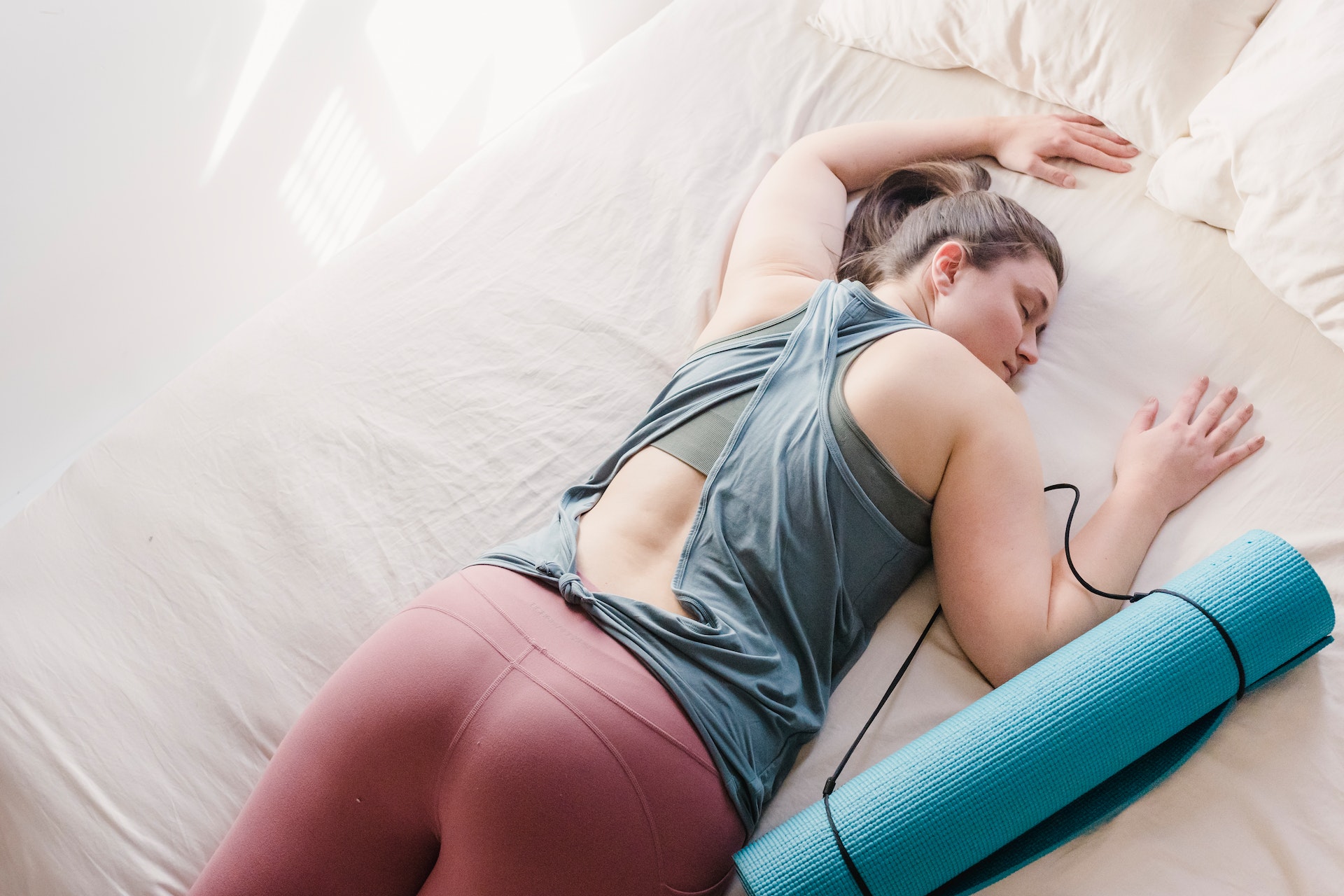
As we age, the importance of a good night’s sleep often becomes more evident. Sleep is not just a luxury; it’s a vital component of our overall health and well-being. For older adults, quality sleep can enhance mood, support cognitive function, and boost physical health. However, many seniors find themselves grappling with various sleep challenges that disrupt their nightly rest.
Understanding how aging affects sleep patterns can provide valuable insights into improving slumber quality. Thankfully, there are practical strategies that can help make peaceful nights achievable again. Whether it’s through lifestyle adjustments or dietary changes, there are steps to take toward better sleep hygiene. This guide will explore the unique sleep issues faced by older adults and offer actionable tips for reclaiming restful nights once more. Let’s dive in!
The Importance of Sleep for Older Adults
Sleep is essential for everyone, but it holds a special significance for older adults. As we age, our bodies undergo various changes that can impact overall health. Quality sleep plays a crucial role in maintaining physical and mental well-being.
During sleep, the body repairs and regenerates tissues. This restorative process is vital for healing wounds and strengthening the immune system. Without adequate rest, older adults may find themselves more susceptible to illnesses.
Additionally, sleep affects cognitive function significantly. A good night’s rest helps sharpen memory and enhances problem-solving abilities. For seniors managing chronic conditions or adjusting to lifestyle changes, this clarity can make all the difference.
Emotional stability also hinges on quality sleep. Poor slumber can lead to irritability or increased anxiety levels—factors that affect daily interactions and life satisfaction deeply. Prioritizing restful nights ultimately contributes to a healthier aging journey.
Common Sleep Issues Faced by Older Adults
Sleep issues are prevalent among older adults, often stemming from various factors. One common problem is insomnia, which can manifest as difficulty falling asleep or staying asleep.
Another frequent concern is sleep apnea. This condition leads to interruptions in breathing during the night and can significantly disrupt restorative sleep cycles.
Restless legs syndrome (RLS) also affects many seniors. It creates an irresistible urge to move the legs, especially while resting, hindering relaxation.
Additionally, frequent nighttime awakenings are typical due to changes in circadian rhythms or medical conditions like arthritis. These disturbances can leave individuals feeling fatigued and irritable during the day.
Understanding these challenges helps foster awareness of sleep health in aging populations—a crucial step toward improving overall well-being for this demographic.
How Aging Affects Sleep Patterns
As we age, our sleep patterns undergo significant changes. Older adults often experience lighter sleep and frequent awakenings during the night. This can make it harder to achieve restorative rest.
Additionally, the body’s internal clock shifts with age. Many seniors find themselves feeling sleepy earlier in the evening and waking up earlier in the morning. These adjustments can disrupt social schedules and daily routines.
Hormonal changes also play a role. Levels of melatonin, which helps regulate sleep cycles, decline as we get older. This reduction can lead to difficulties falling asleep or staying asleep through the night.
Moreover, aging is often accompanied by various health conditions that can interfere with sleep quality. Chronic pain or medications for other ailments may contribute further to restless nights.
Understanding these factors is vital for addressing sleep issues effectively.
Tips for Better Sleep in Older Adults
Creating a calming bedtime routine can significantly enhance sleep quality. Consider setting a regular sleep schedule. Going to bed and waking up at the same time each day helps regulate your body’s internal clock.
Make your bedroom a sanctuary for rest. Keep it cool, dark, and quiet. Investing in comfortable bedding can also make a world of difference.
Limit screen time before bed. The blue light emitted by phones and tablets interferes with melatonin production, making it harder to fall asleep.
Incorporate relaxing activities into your evening routine. Gentle stretches or deep breathing exercises can ease tension and promote tranquility.
Keep an eye on caffeine intake as well; try to avoid stimulants in the afternoon and evening hours.
Don’t overlook the power of sunlight during the day—exposure to natural light boosts mood while helping establish healthy sleep patterns at night.
Incorporating Exercise and Relaxation Techniques for Older Adults
Exercise plays a crucial role in enhancing sleep quality for older adults. Engaging in regular physical activity helps to regulate the body’s internal clock, making it easier to fall and stay asleep. Simple activities like walking, swimming, or yoga can provide substantial benefits without overwhelming the body.
Relaxation techniques are equally important. Practices such as deep breathing, meditation, or gentle stretching can ease tension and prepare both mind and body for restful slumber. These techniques promote calmness and reduce anxiety that often hinders sleep.
Creating a consistent routine of exercise paired with relaxation exercises can significantly improve overall well-being. Setting aside time each day for these activities not only fosters better sleep but also enhances mood and energy levels during waking hours. Embrace these habits gradually; even small changes can lead to meaningful improvements in your nightly rest.
The Role of Diet in Promoting Good Sleep for Older Adults
Diet plays a crucial role in sleep quality for older adults. What you eat can significantly impact how well you rest at night. Foods rich in tryptophan, like turkey and dairy products, are known to promote better sleep by helping the body produce serotonin.
Incorporating fruits and vegetables into meals also helps. Bananas, cherries, and leafy greens contain nutrients that support relaxation and regulate sleep cycles. On the other hand, heavy or spicy foods close to bedtime might disrupt your slumber.
Staying hydrated is essential too. Dehydration can lead to discomfort during the night. However, avoid excessive liquids right before bed to prevent those nighttime trips to the bathroom.
A balanced diet not only enhances overall health but also sets the stage for restful nights. Small adjustments can make a significant difference when it comes to achieving restorative sleep as we age.
Seeking Medical Help for Persistent Sleep Problems for Older Adults
As we age, sleep can become more elusive. If sleep problems persist despite trying various strategies, it’s essential to seek medical help. Sleep disorders like insomnia or sleep apnea are common in older adults and can significantly affect overall health.
Consulting a healthcare professional is crucial for proper diagnosis and treatment. They may recommend a sleep study or other assessments to identify underlying issues. Treatment options could include therapy, medication, or lifestyle changes tailored to individual needs.
Don’t hesitate to reach out for support if sleepless nights continue to disrupt your life. Quality of sleep is vital for maintaining good health and enhancing daily functioning as you navigate the aging process. Prioritizing restful sleep can lead to improved mood, cognitive function, and overall well-being in your golden years.









